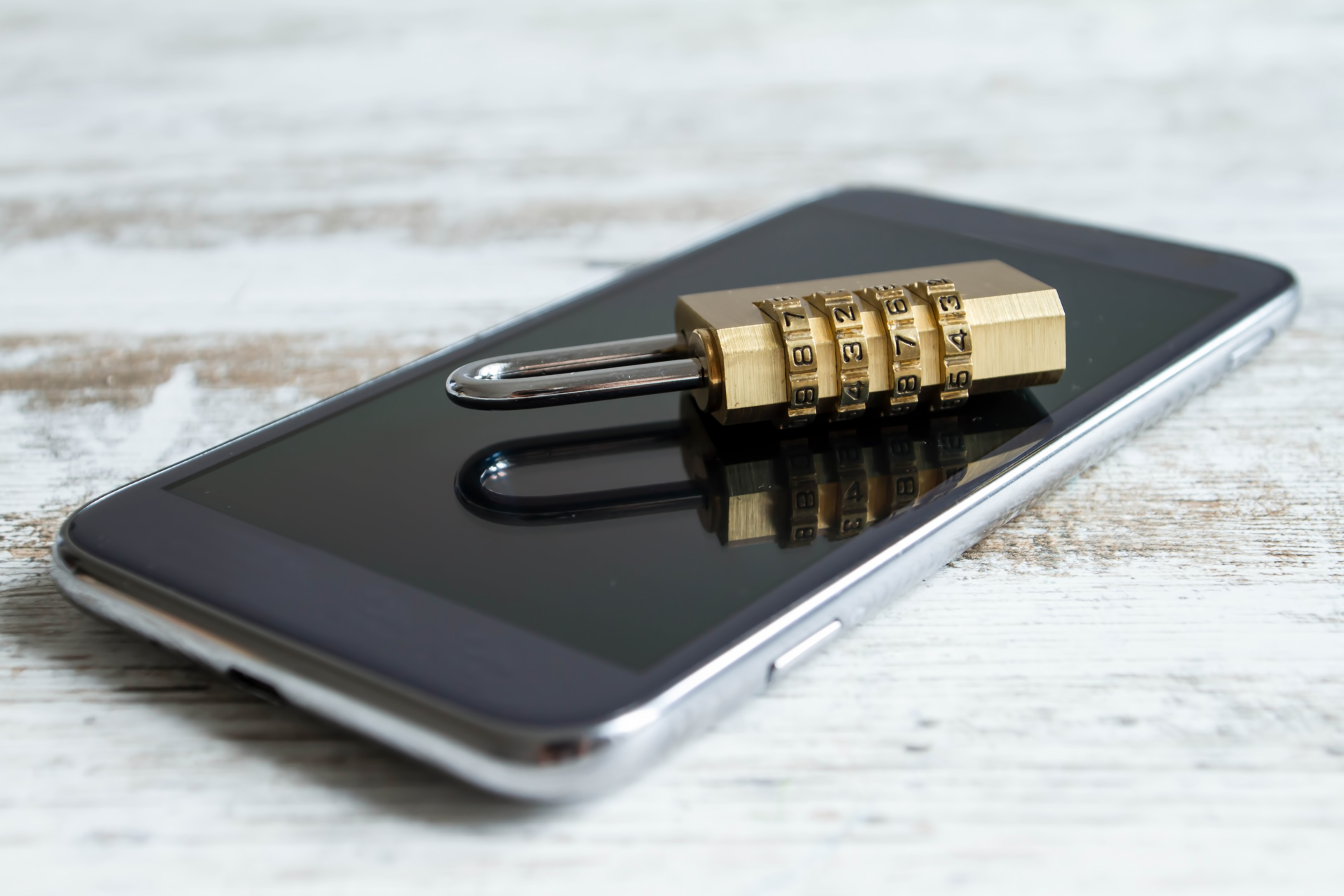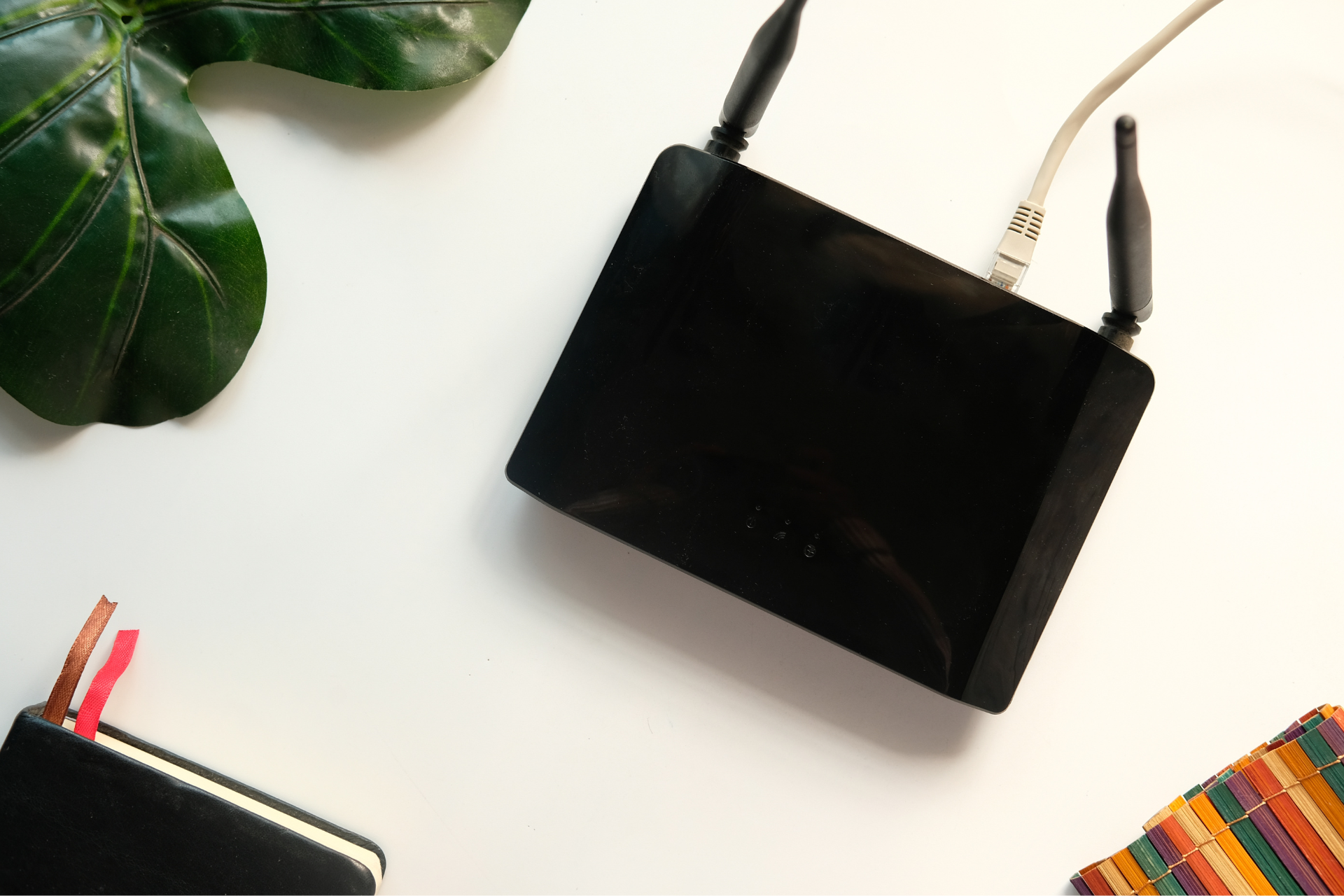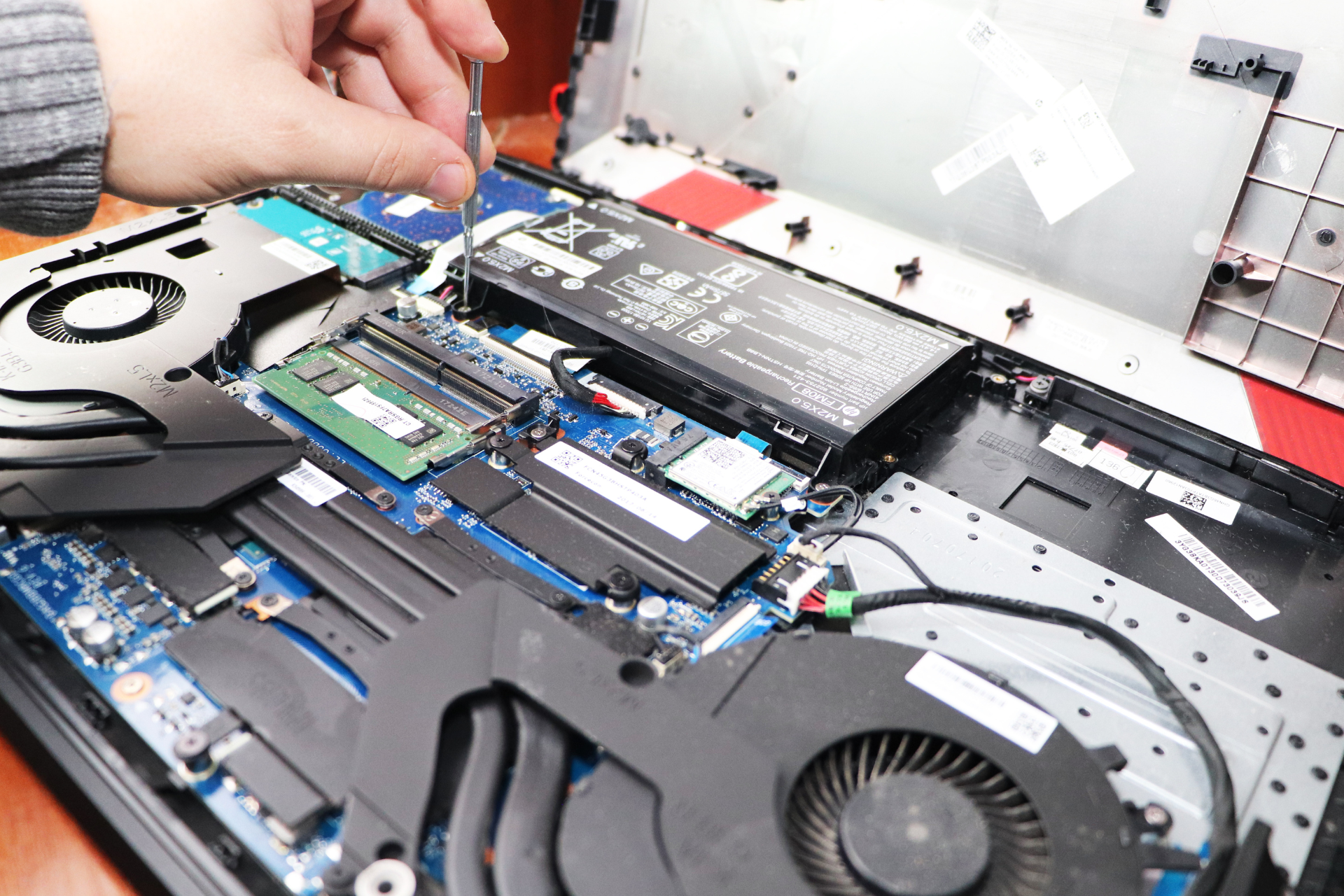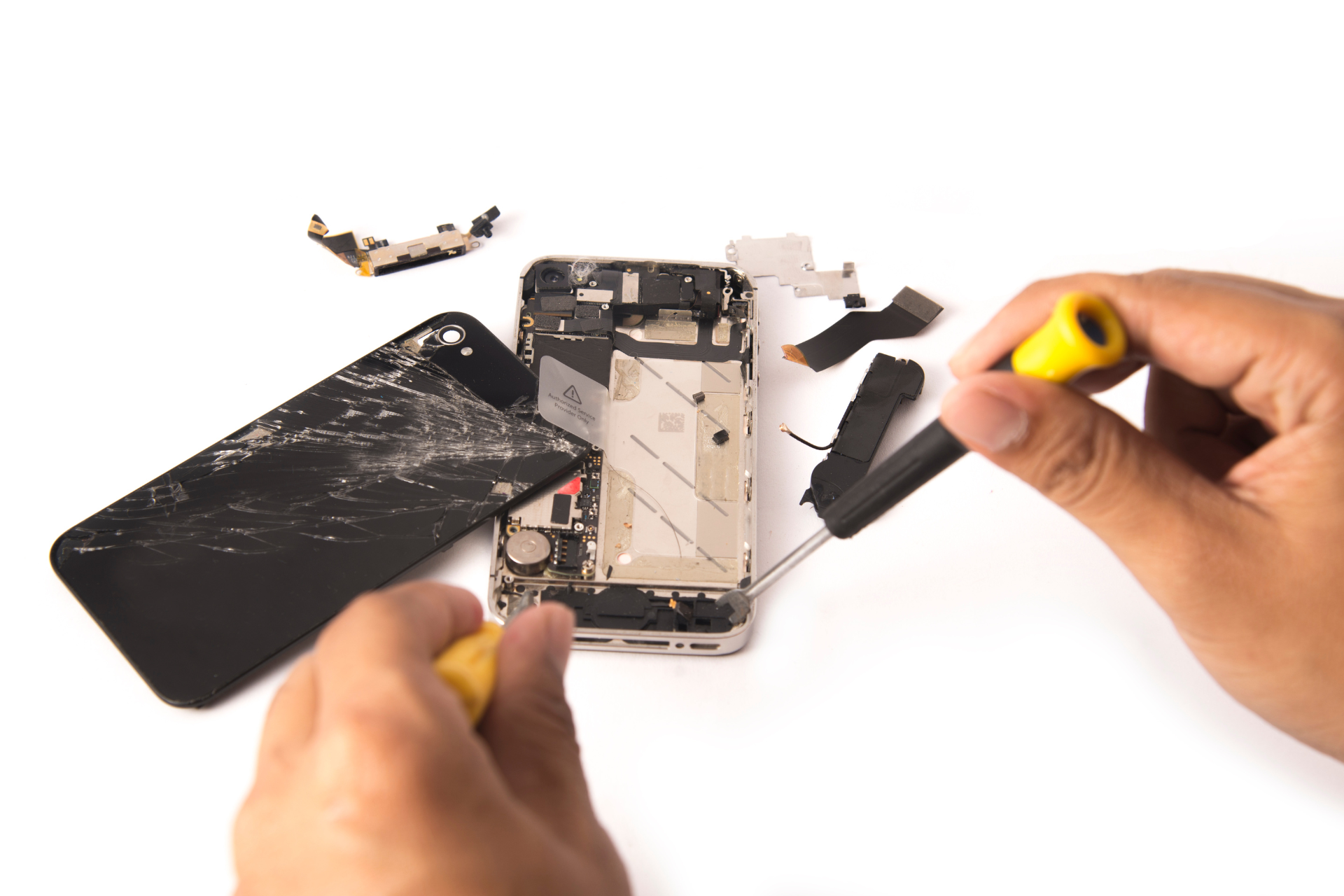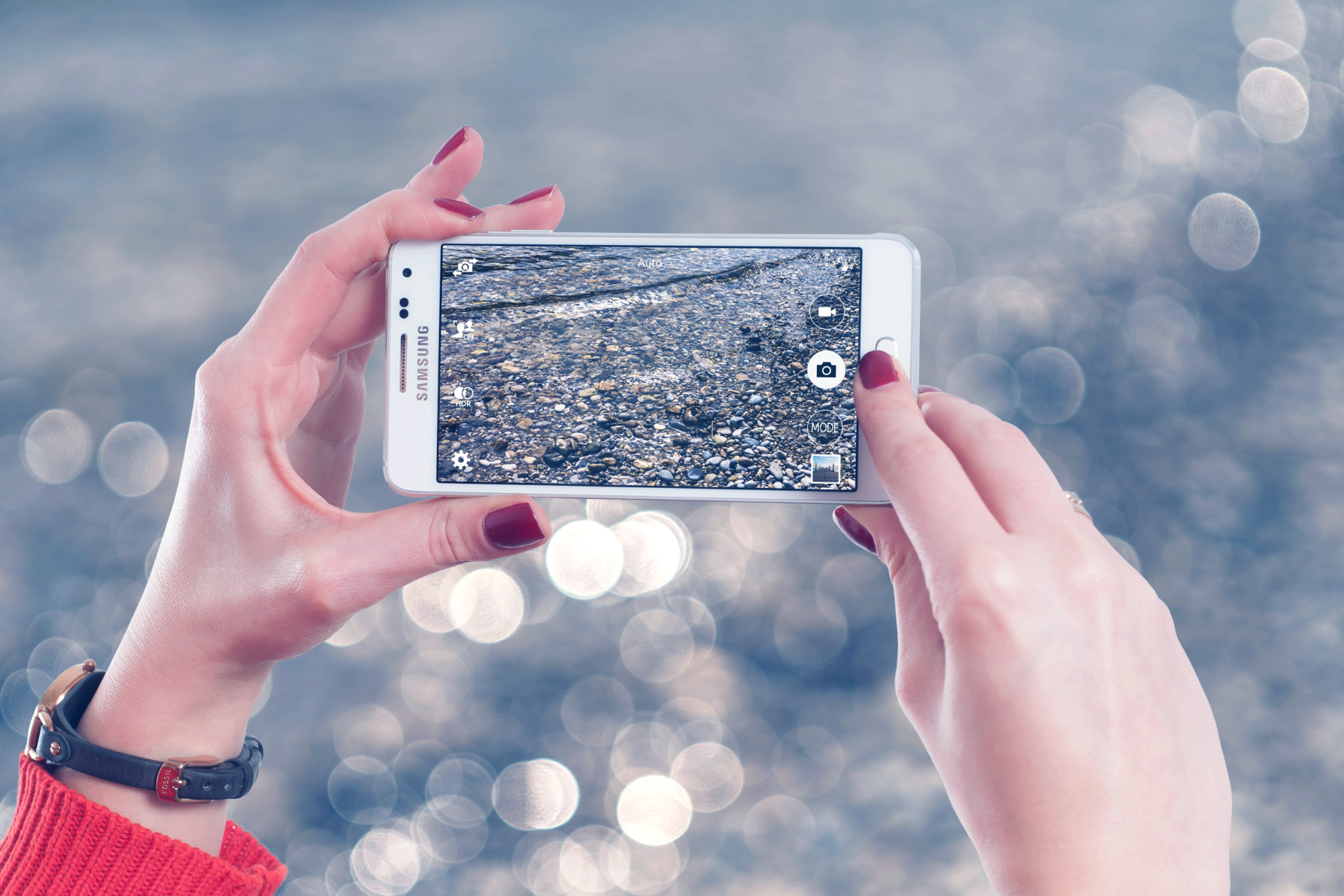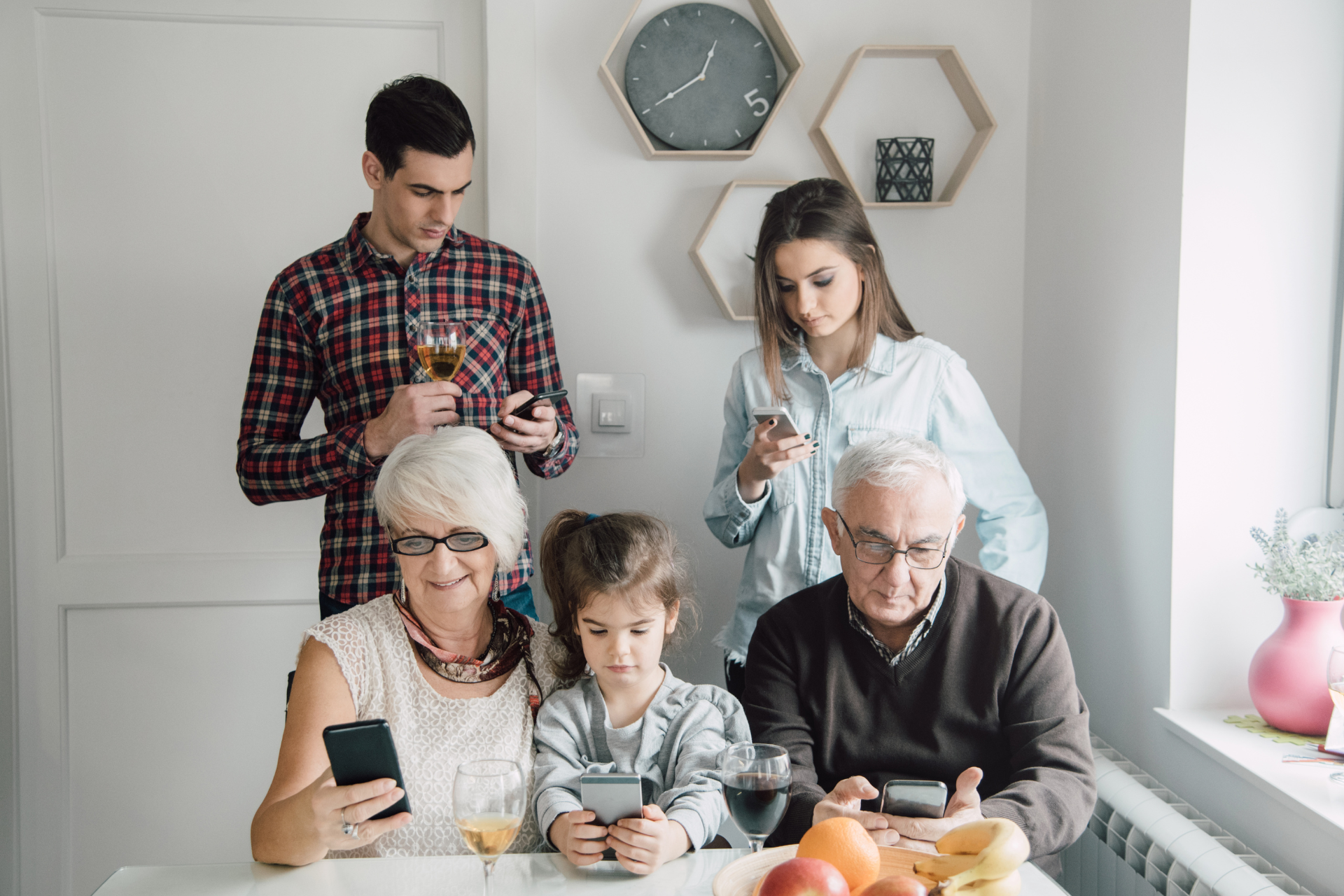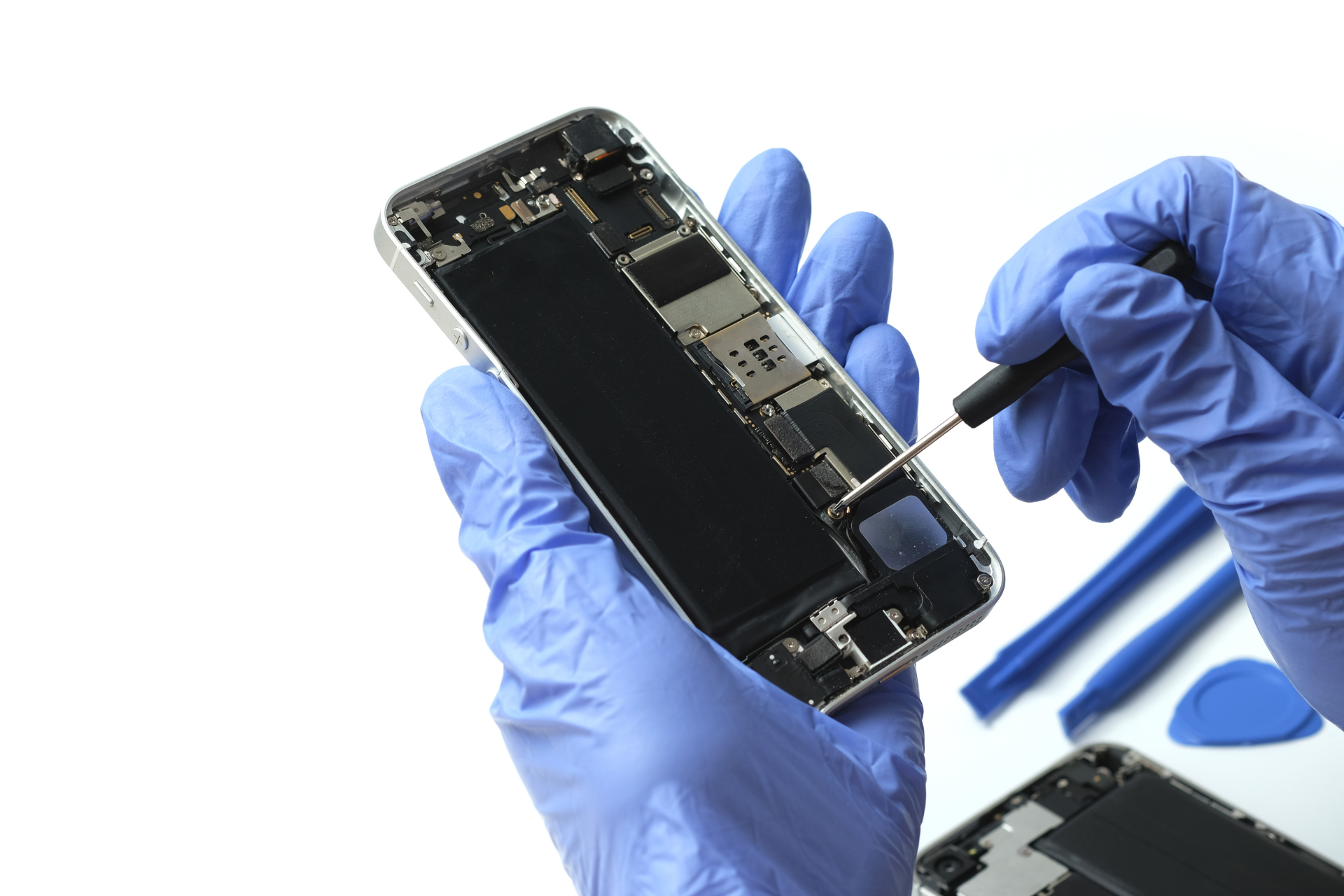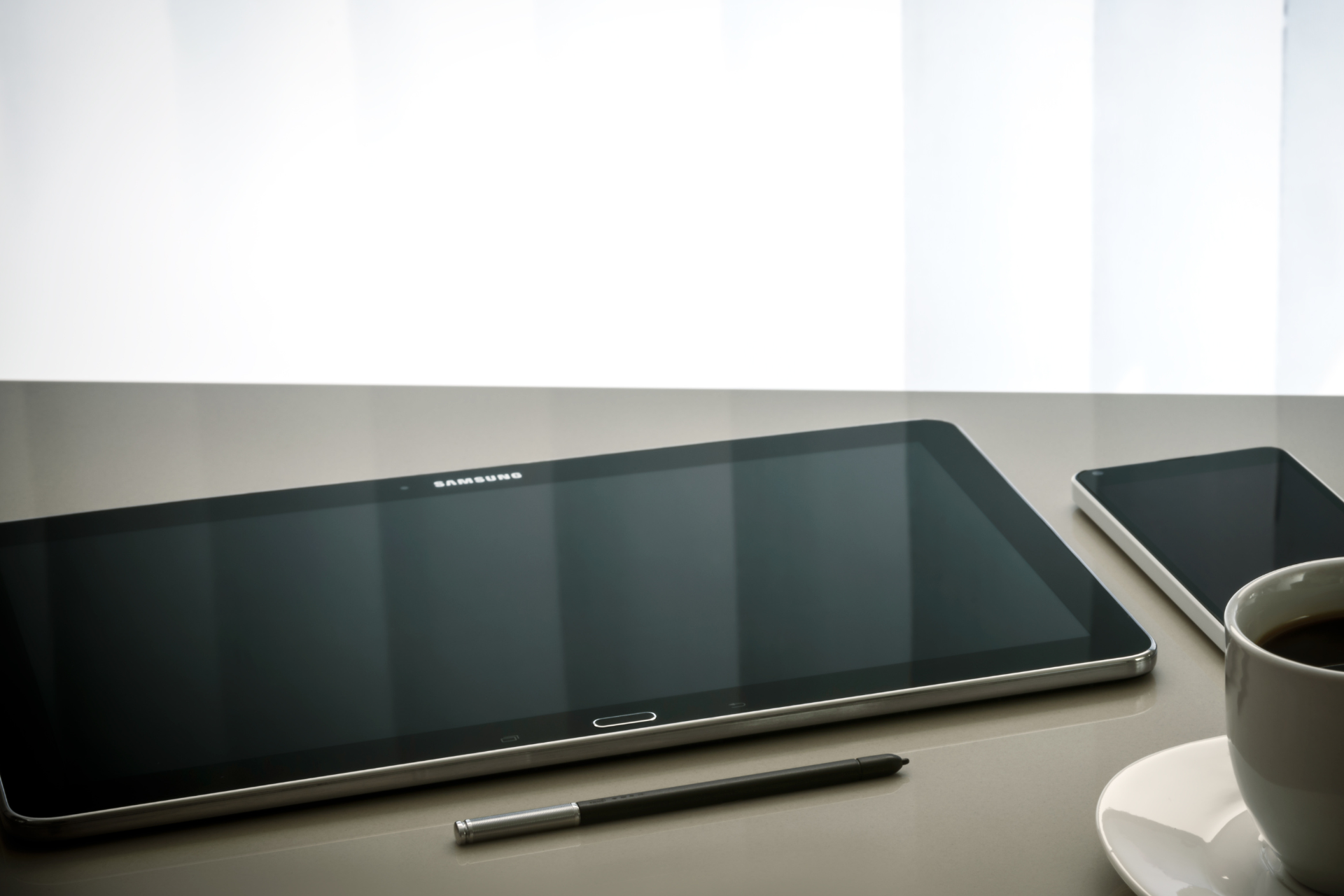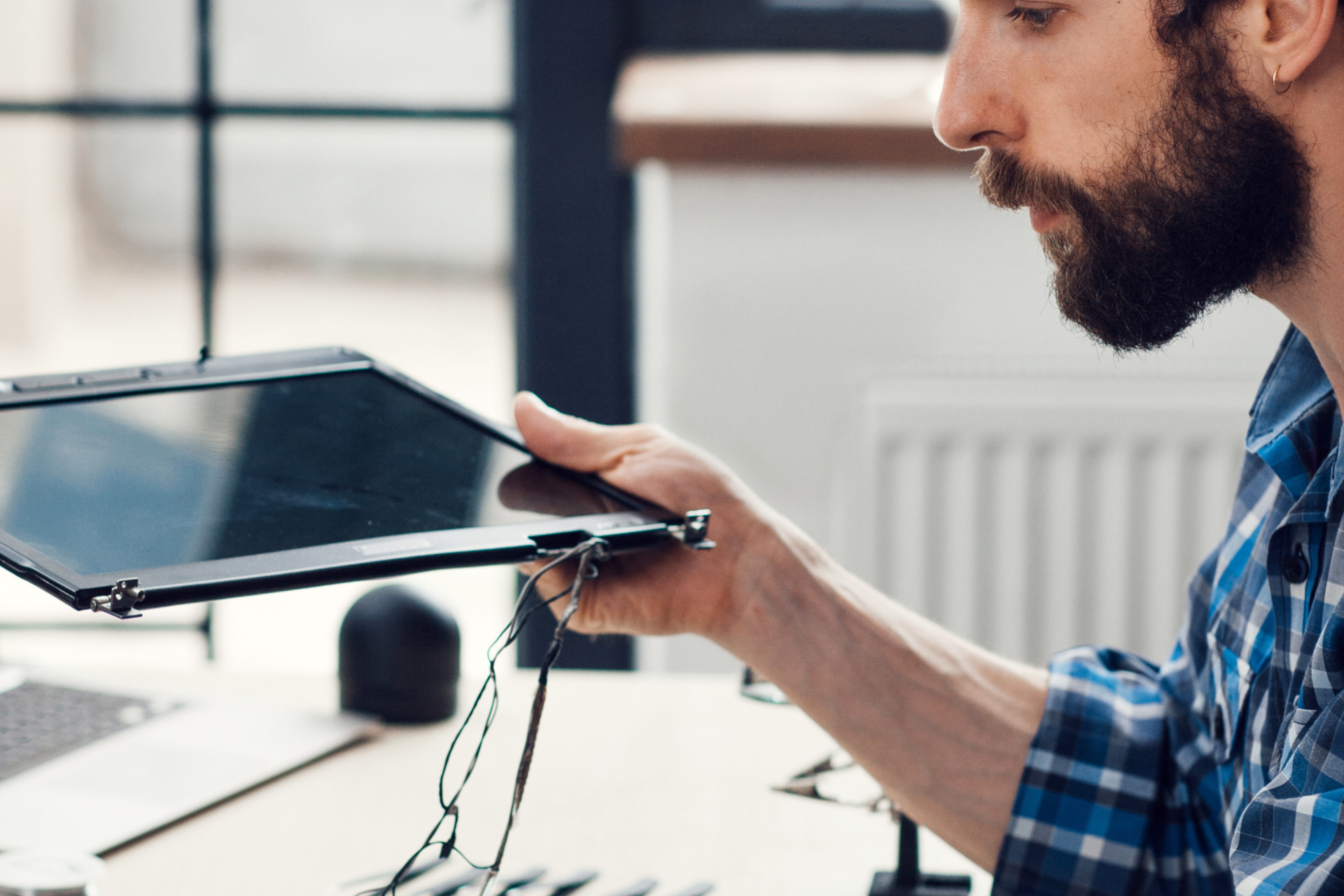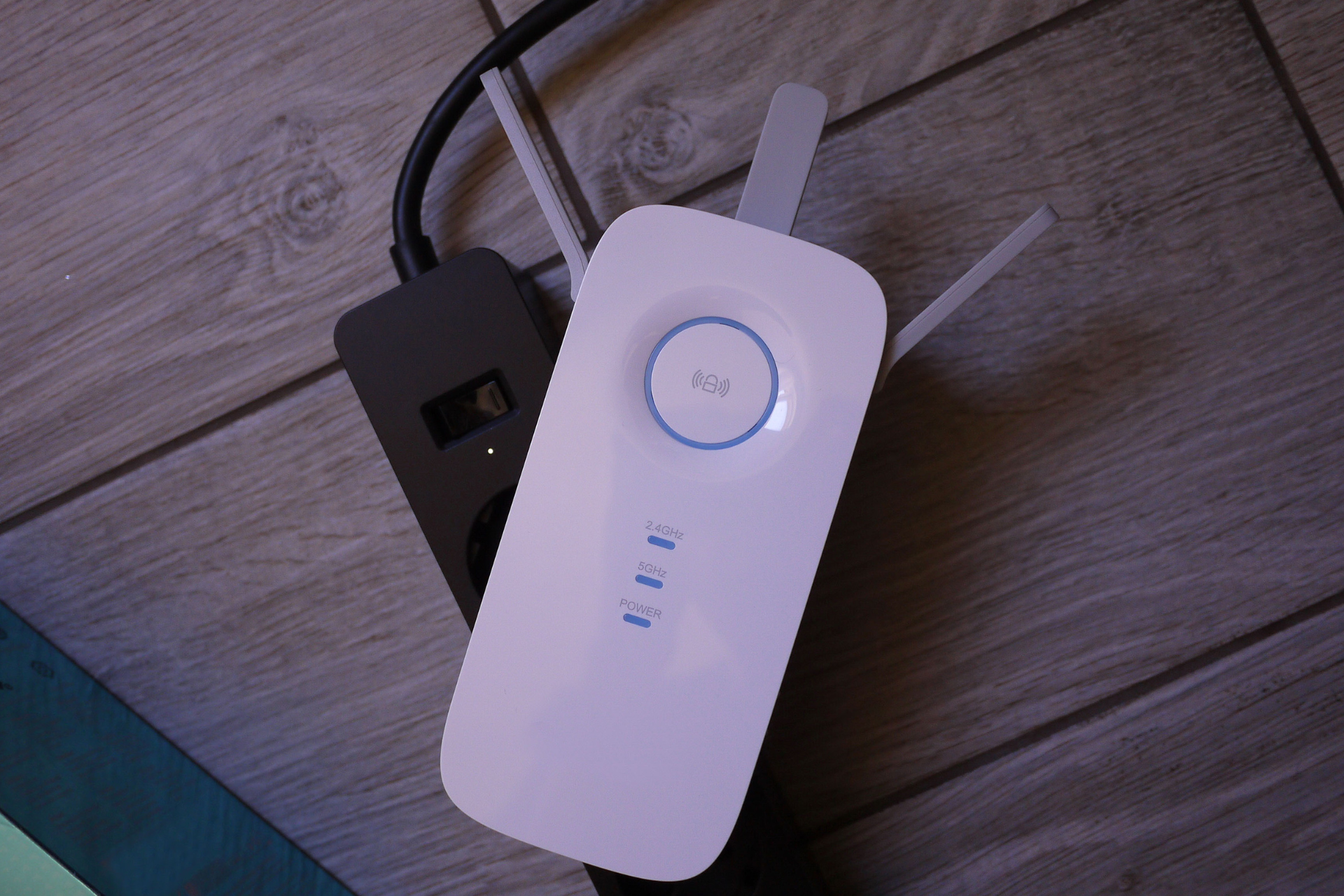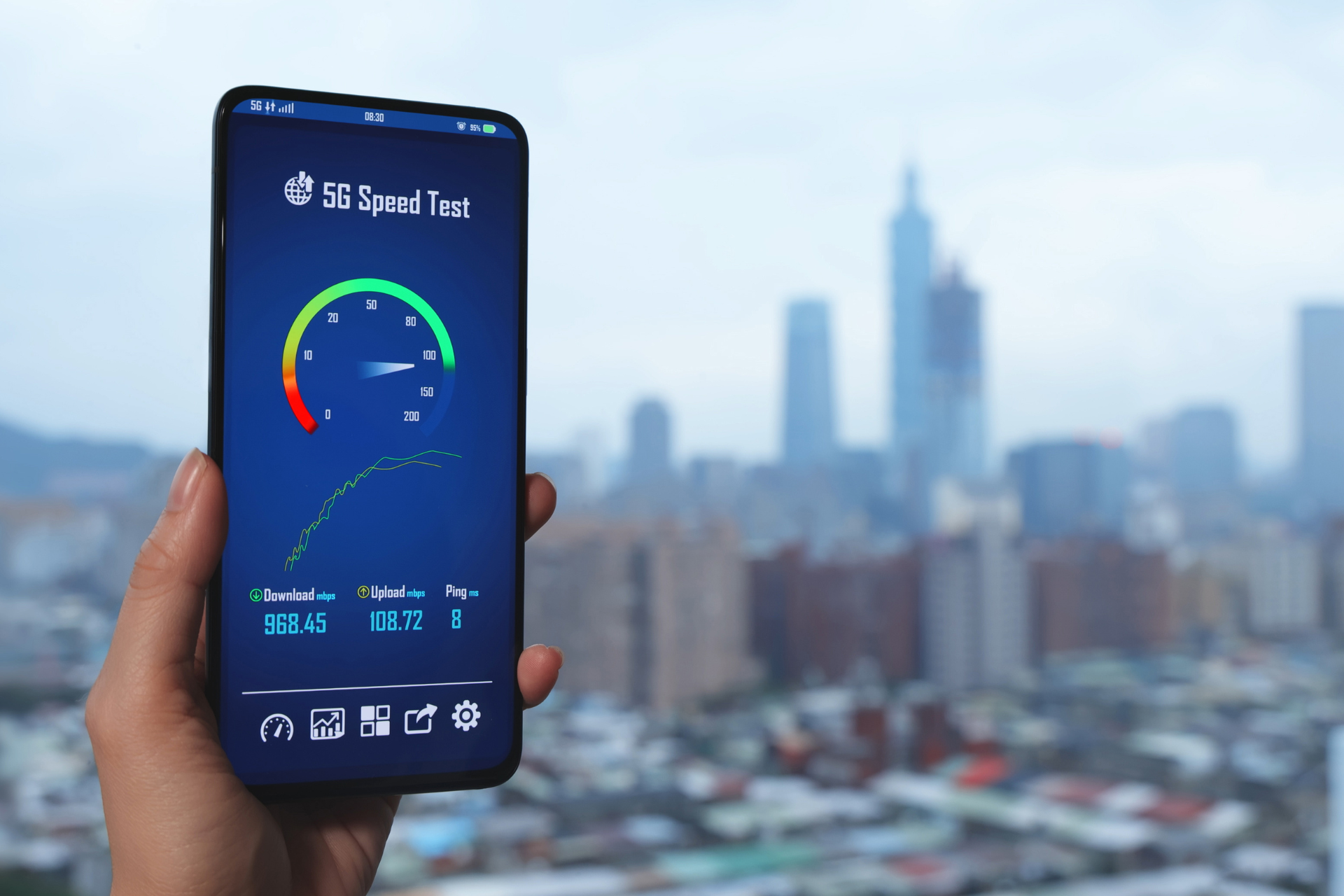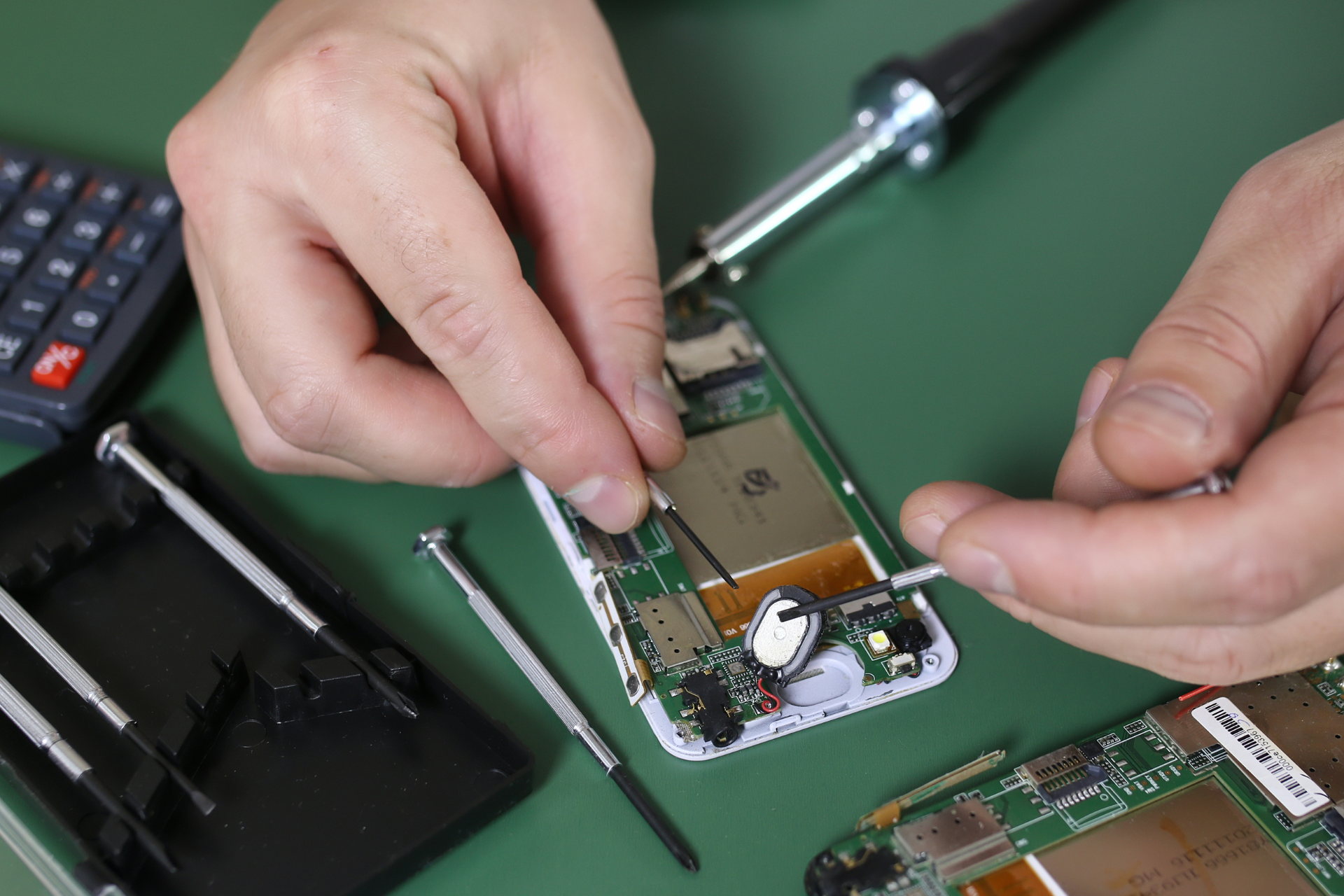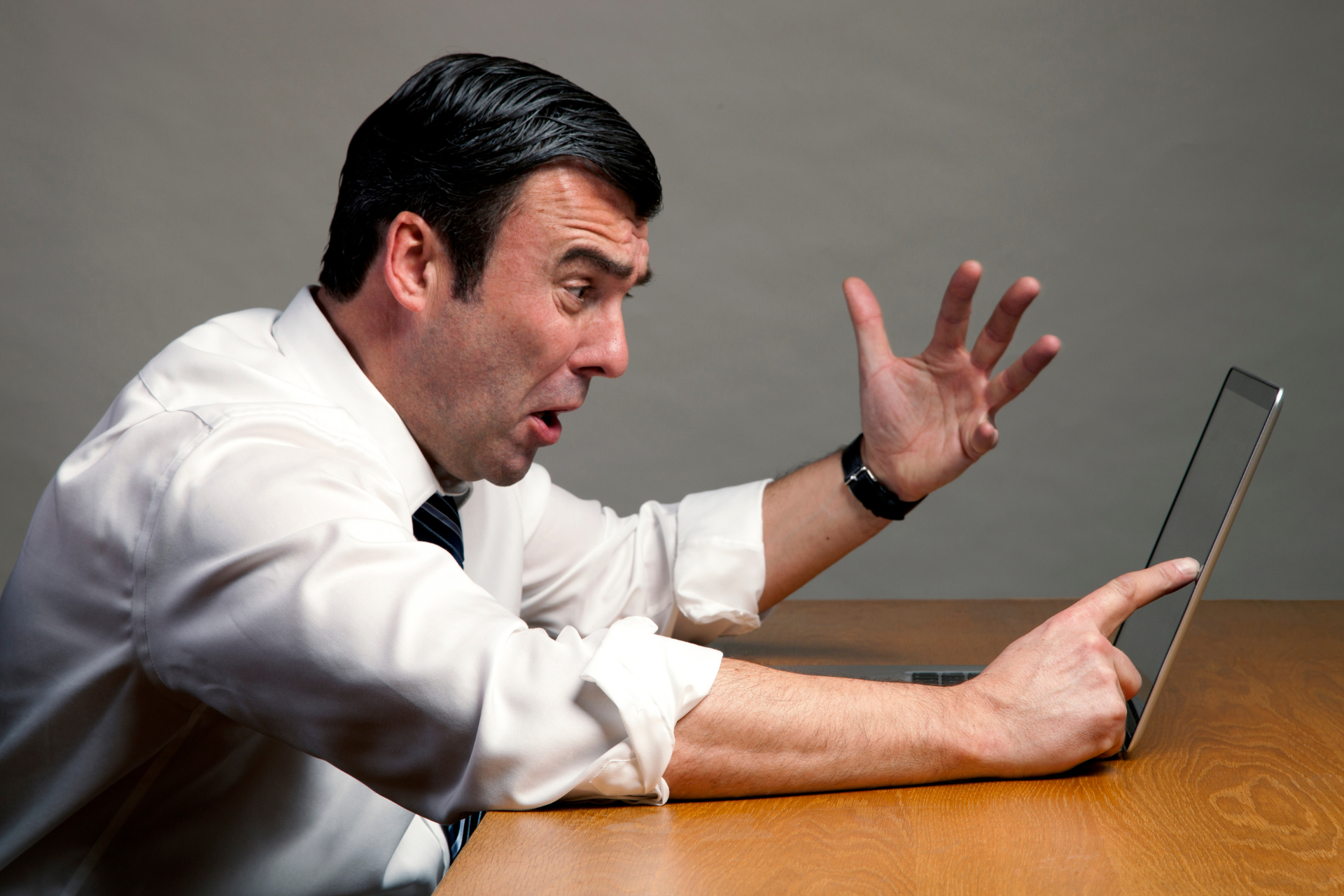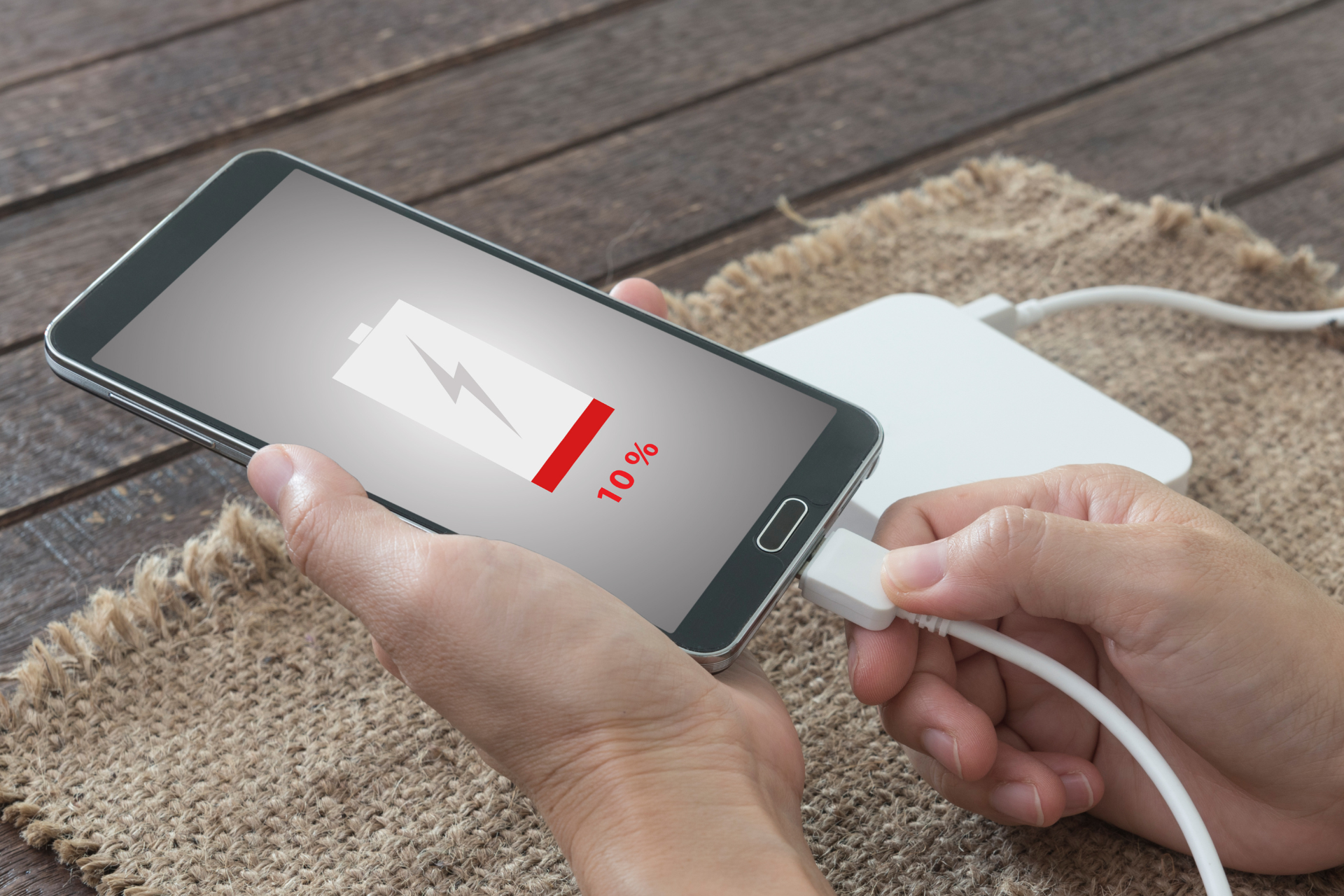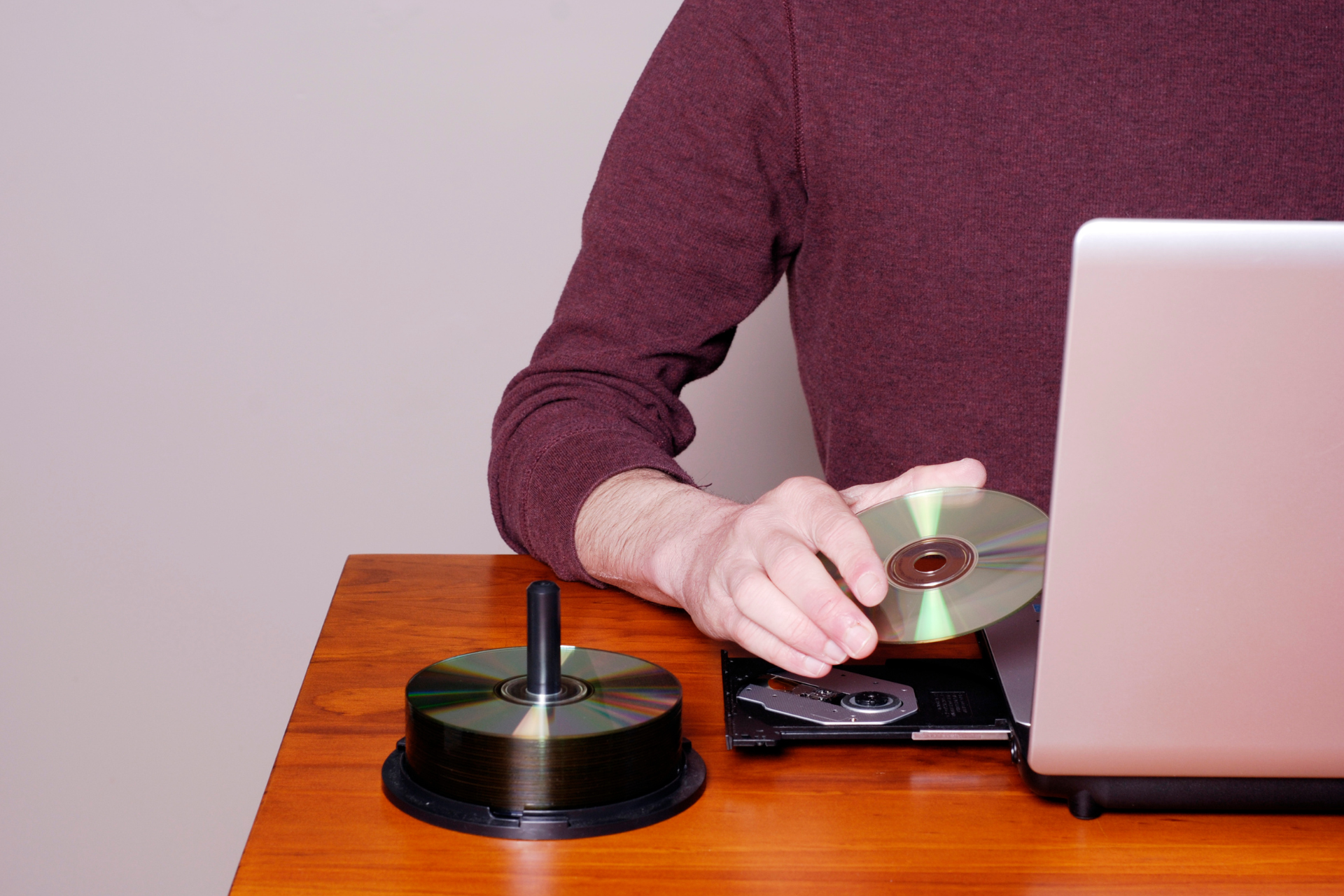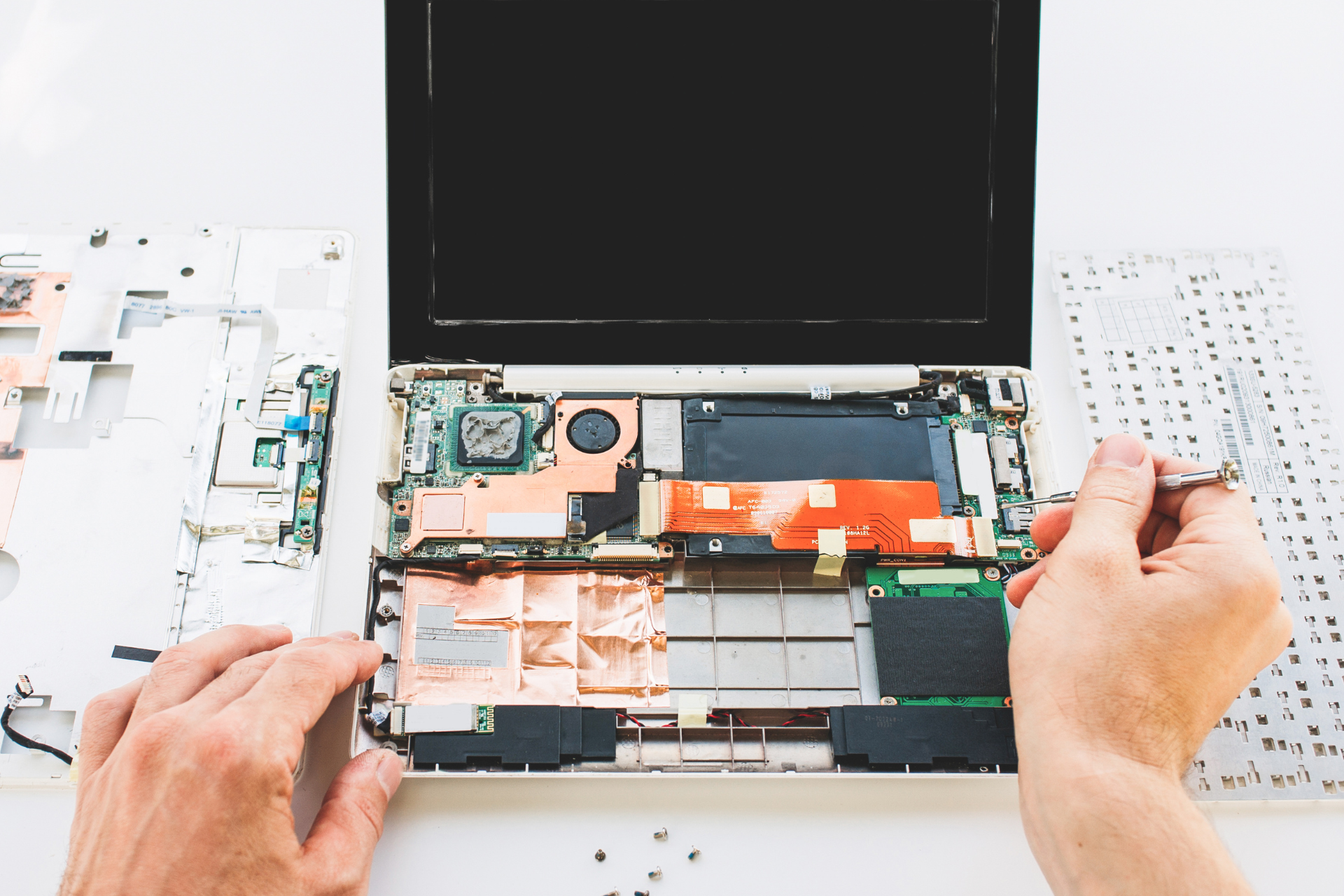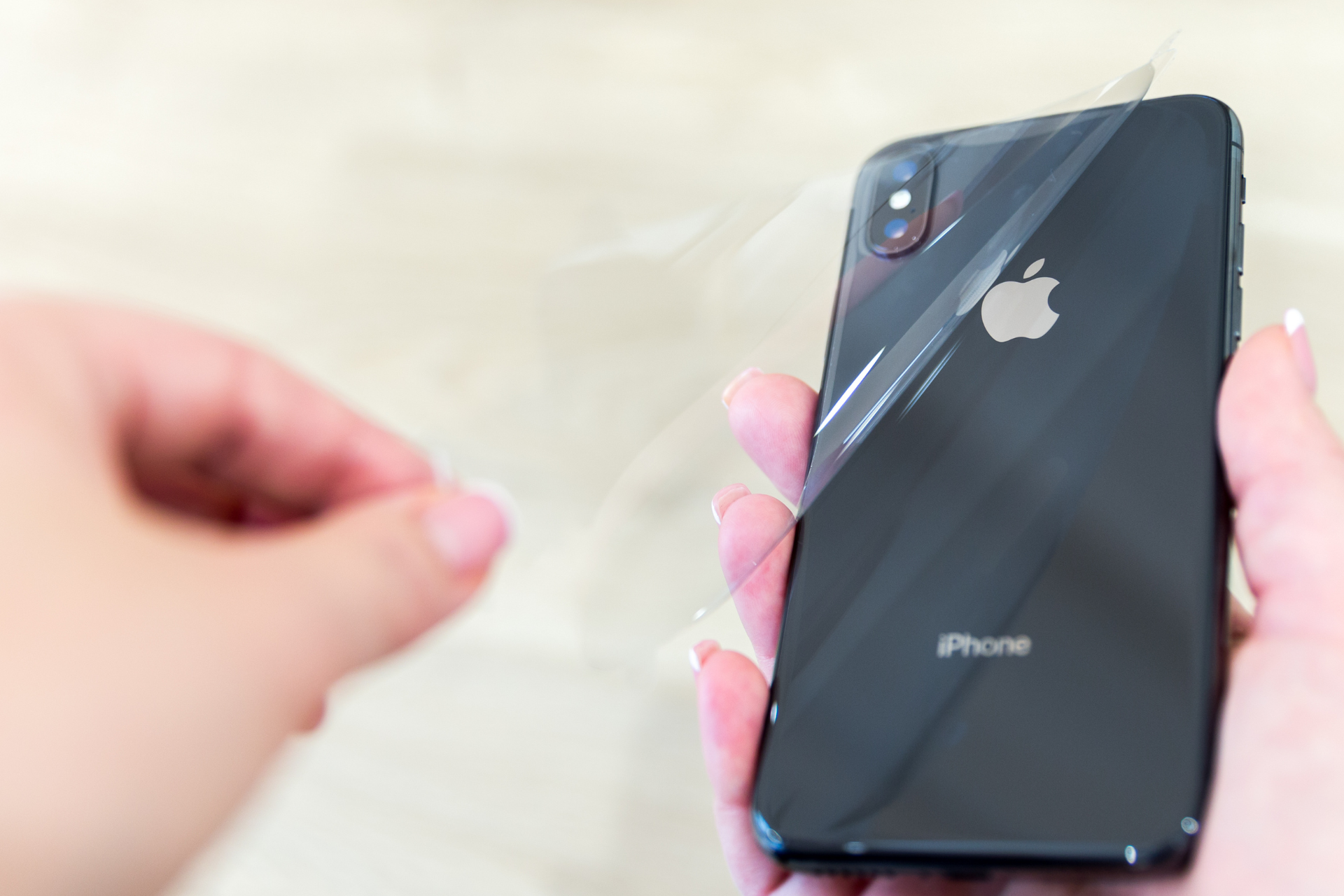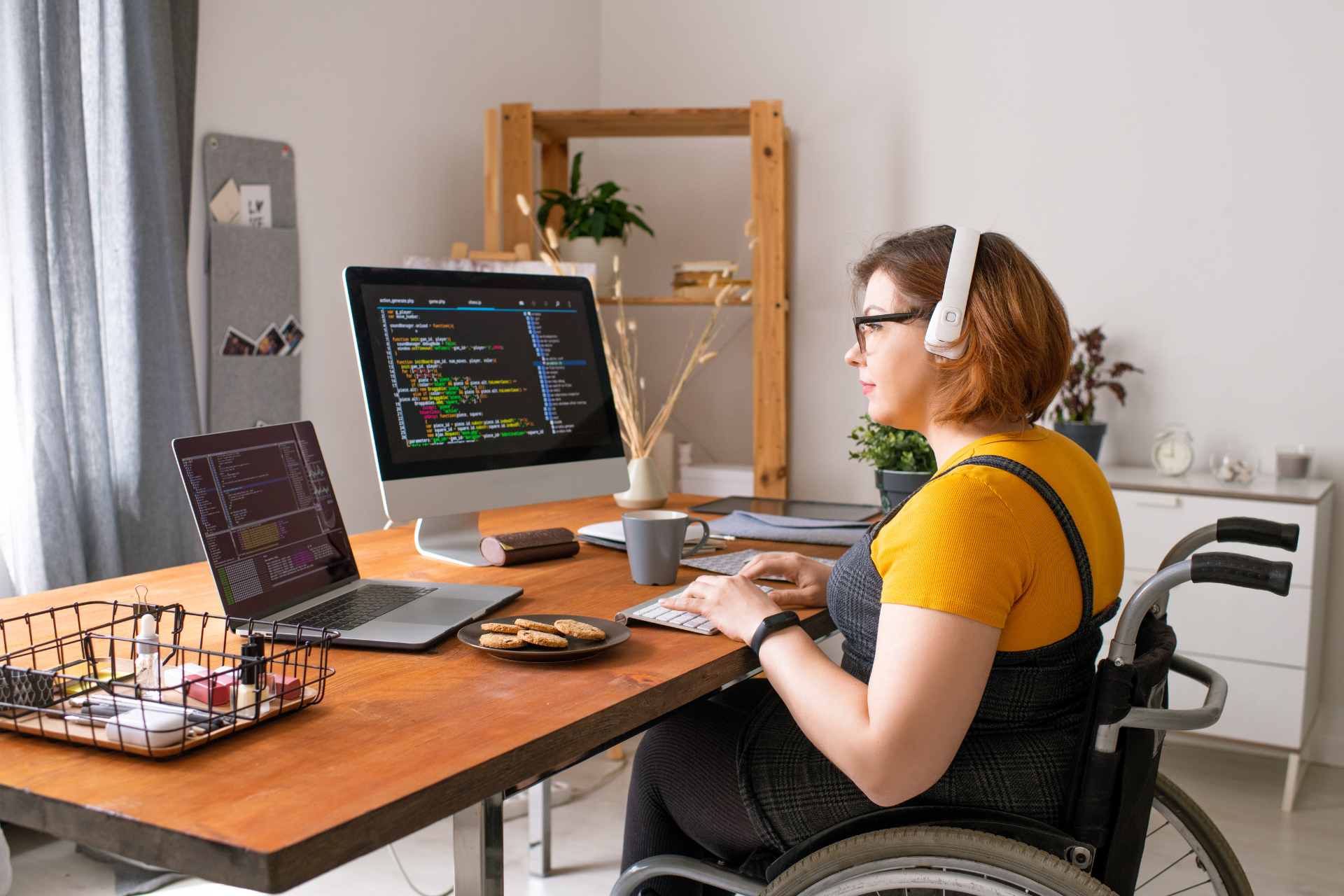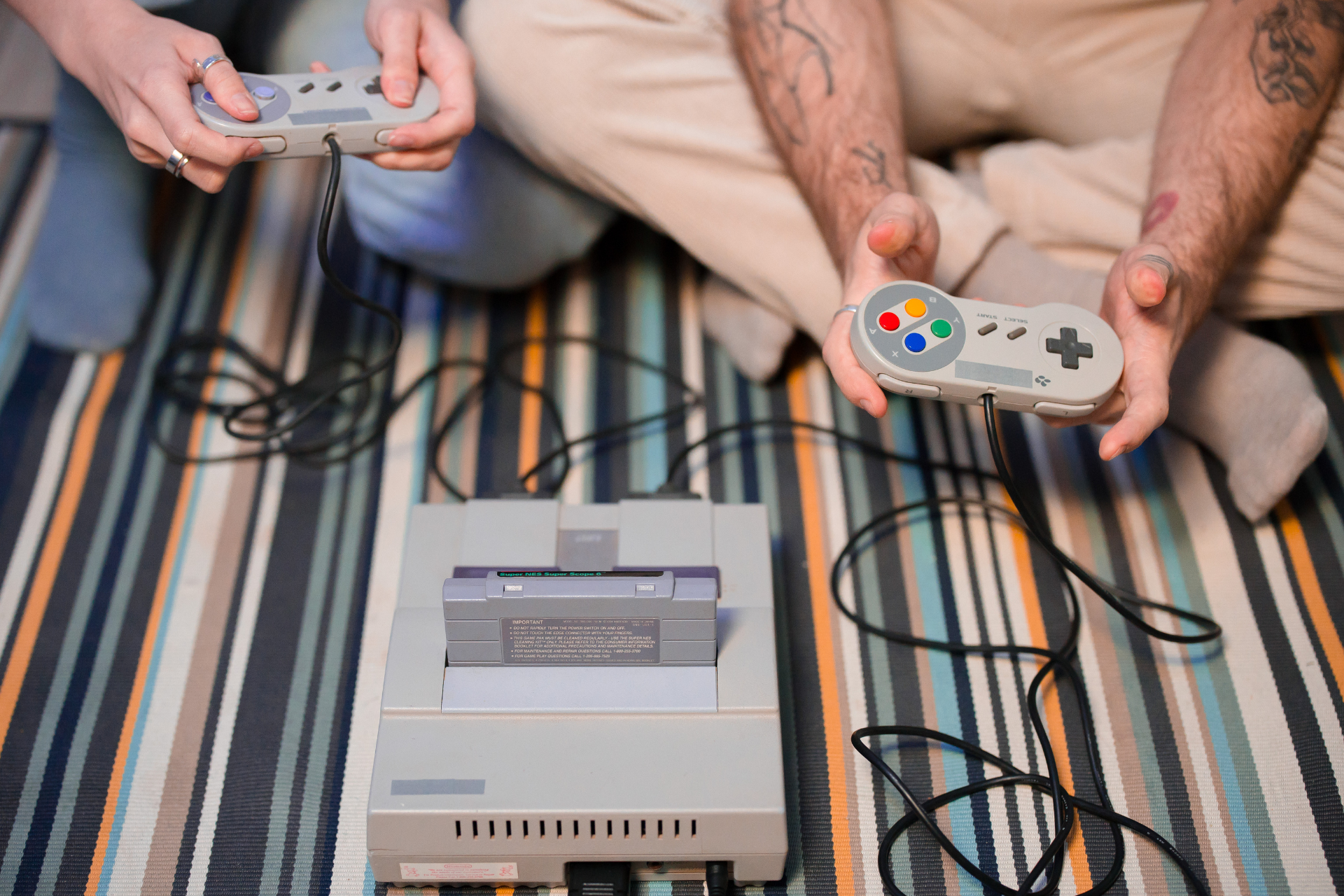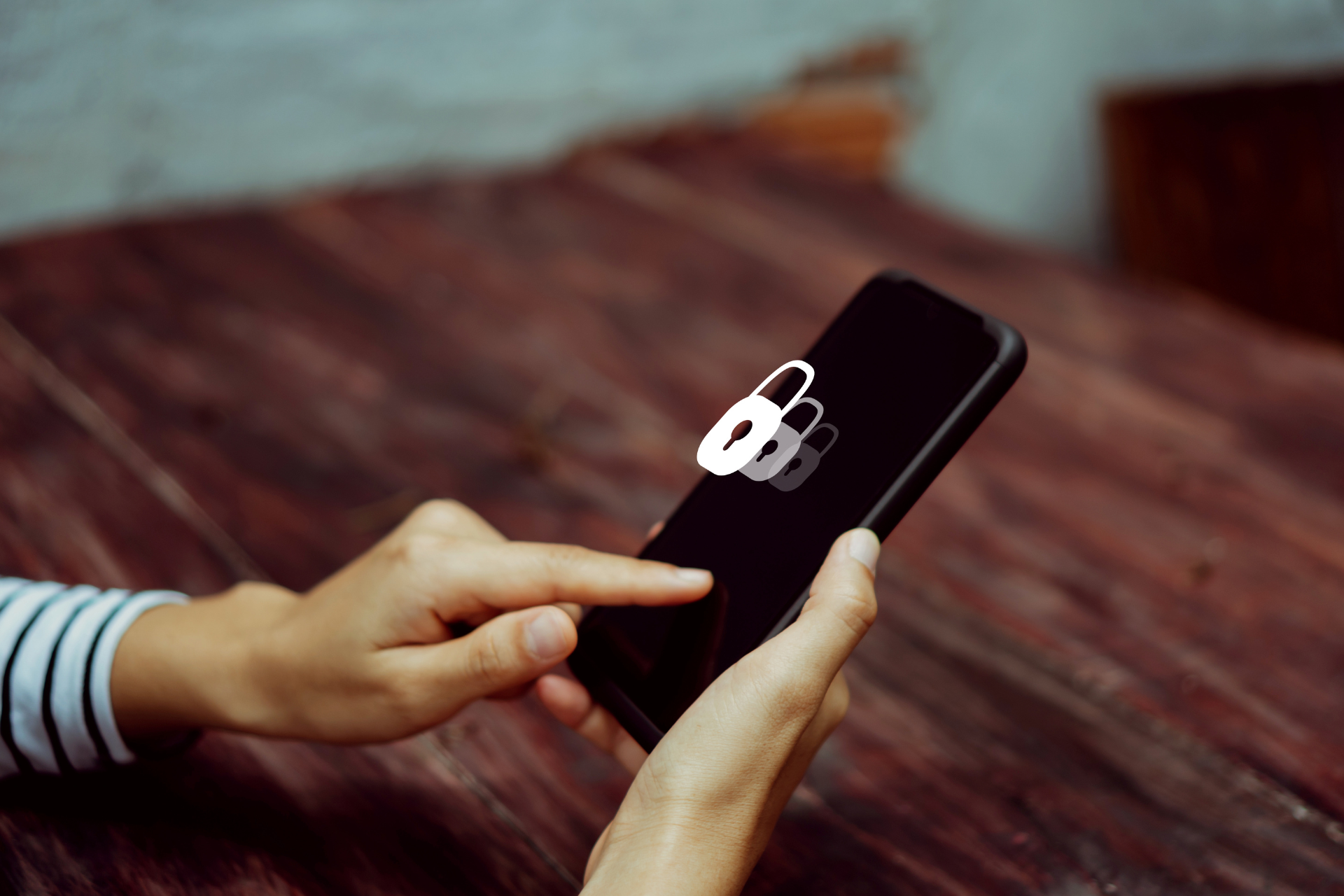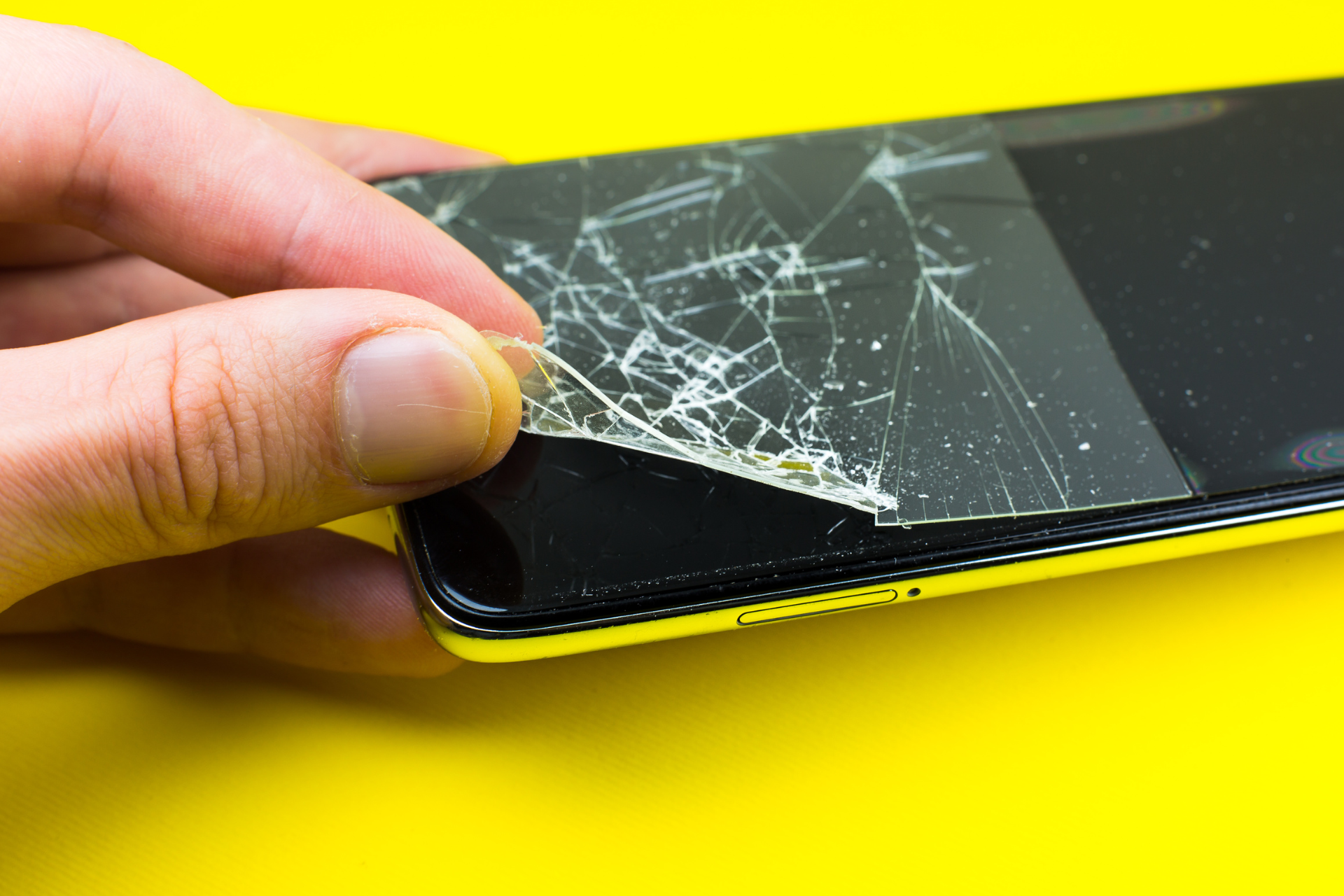Why Your Laptop is Overheating and How to Prevent It
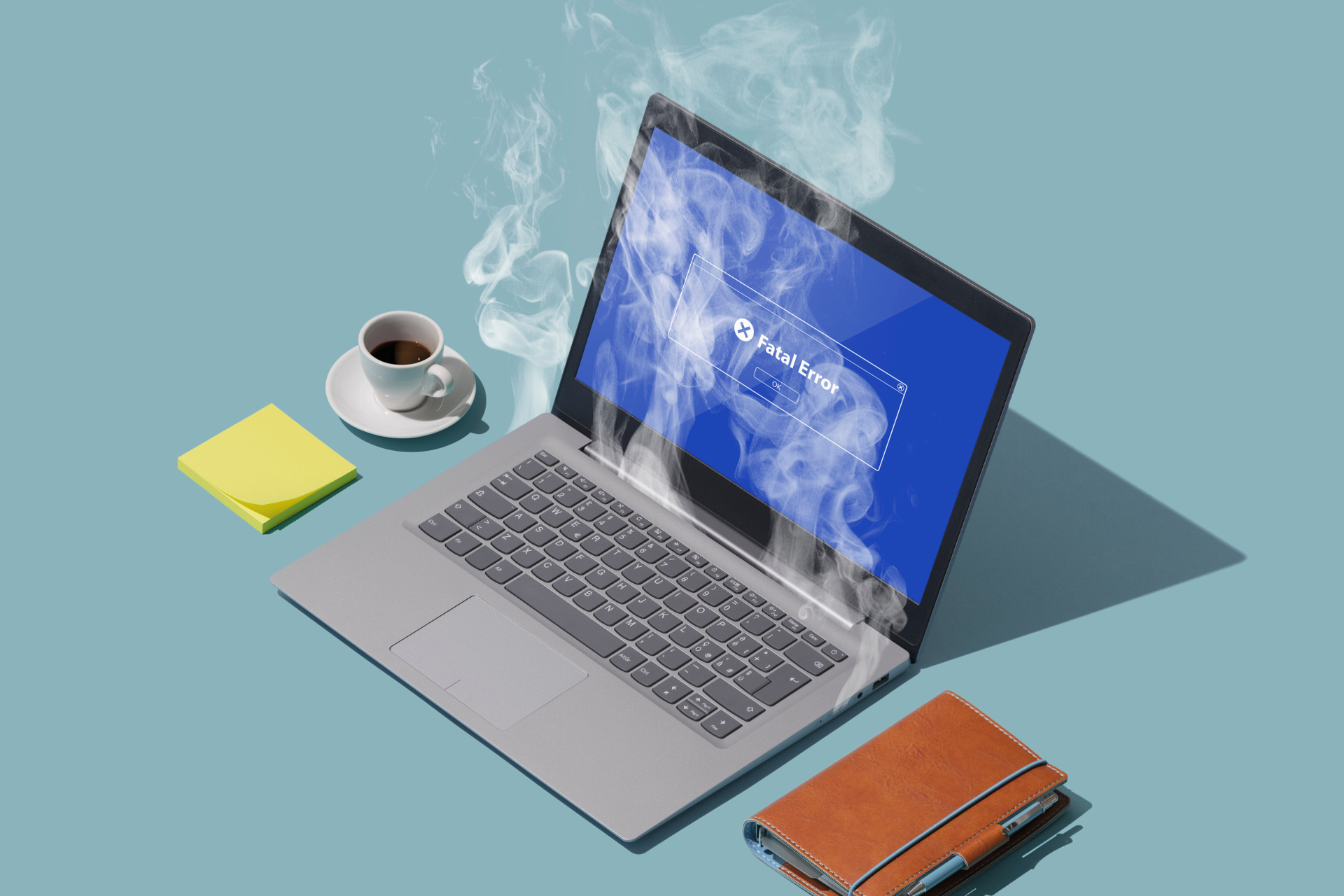
Are you tired of feeling like you could fry an egg on your laptop? Is your device giving off more heat than your morning cup of coffee? If so, you're not alone. Laptop overheating is a common issue that plagues many users, but don't fret – Nicell Wireless is here to help you understand why your laptop is overheating and, more importantly, how to prevent it from turning into a hot mess.
Why Your Laptop is Overheating
Laptops are like mini powerhouses – compact devices designed to handle multiple tasks simultaneously. However, this high level of efficiency also generates a significant amount of heat. When your laptop's internal cooling system can't keep up with this heat production, your device starts to overheat. There are several factors that can contribute to this issue:
1. Dust Buildup
Dust and debris can accumulate inside your laptop, obstructing the airflow and preventing the cooling system from functioning properly. When the fan can't expel the hot air efficiently, your laptop overheats.
2. Poor Ventilation
Placing your laptop on soft surfaces like blankets or your lap can obstruct the ventilation system. This prevents the airflow from circulating properly and leads to heat buildup.
3. Overworking Your Laptop
Running resource-heavy programs, playing graphics-intensive games, or multitasking extensively can strain your laptop's components, causing them to generate excess heat.
4. Environment Conditions
Using your laptop in hot or humid environments can also contribute to overheating. Ambient temperature and humidity levels play a significant role in how efficiently your laptop dissipates heat.
How to Prevent Laptop Overheating
Now that you understand why your laptop is overheating, it's time to take action and prevent it from reaching meltdown status. Here are some tips and tricks to help keep your laptop cool and running smoothly:
1. Keep It Clean
Regularly clean your laptop's vents, fan, and internal components. Use compressed air to blow out dust and debris that may be blocking the airflow.
2. Optimize Your Workspace
Ensure your laptop has adequate ventilation by using a laptop stand or cooling pad. Avoid placing your device on soft surfaces that can obstruct airflow.
3. Monitor Your Usage
Avoid running multiple resource-heavy programs simultaneously. Close any unnecessary applications and tabs to reduce the strain on your laptop's components.
4. Update Your Software
Ensure your operating system and drivers are up to date. Manufacturers often release updates that improve system performance, including cooling efficiency.
5. Adjust Power Settings
Optimize your power settings to balance performance and battery life. Lowering the screen brightness and adjusting power settings can reduce the strain on your laptop's components.
6. Maintain a Cool Environment
Keep your laptop in a well-ventilated room with controlled temperature and humidity levels. Avoid using your device in direct sunlight or on hot surfaces.
By following these tips, you can help prevent your laptop from overheating and prolong its lifespan. If you continue to experience overheating issues despite taking these precautions, it may be time to seek professional help.
At Nicell Wireless, we understand the importance of keeping your devices in top condition. As a Salt Lake City cell phone repair company that specializes in repairing laptops, iPhones, Samsung phones, and more, we have the expertise to diagnose and resolve any overheating issues your laptop may be facing.
Don't let your laptop's heat bring you down. Take proactive steps to prevent overheating and enjoy a cool computing experience. Remember, a little care can go a long way in extending the life of your trusty device!
Stay cool, stay connected with Nicell Wireless.
